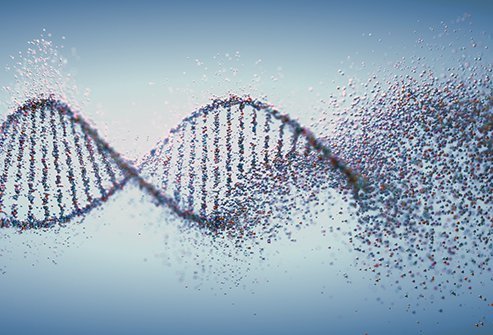The rare genetic diseases or disorders have impacted half of the world’s population. For the majority of rare genetic disorders, the information has been confined. Multiple clinicians find it a bit difficult to discriminate between the clinically comparable conditions. This gives rise to issues within the area of patient treatment and genetic counseling. But in this modern era, technology has advanced greatly. This has given birth to advanced DNA interpretation and sequencing tools, along with online resources and computer-aided tools that will provide you an in-depth understanding of rare disorders.
Rare genetic disorders and their symptoms
There are many rare genetic conditions or disorders, but all of them are not the same. The symptom of these rare disorders is also not the same. Given below are some of the rare genetic conditions and their symptoms. Look below.
- Angelman syndrome: This is a rare type of disorder that causes intellectual and physical disability. Some of the symptoms are speaking less, smiling and laughing for no reason, having issues with movement and balance, and becoming excitable and restless.
- Apert syndrome: Apert syndrome stands out as a rare disorder that is pretty evident at birth and causes an abnormally shaped skull. Some of the symptoms of this disorder are vision impairment, a pointed head, a broad forehead, mild to moderate learning disability, and hearing problems.
- Cystic fibrosis: Cystic fibrosis is a genetic disease or condition that affects the digestive system, airways, and lungs. The symptoms of this condition are chronic coughing, sweaty and salty skin, shortness of breath, frequent sinusitis, and inflammation of the pancreas.
- Rett syndrome: Rett syndrome stands out as a rare genetic disorder, which is caused due to a mutation within a gene on the X chromosome. This particular syndrome causes numerous symptoms, which could be from mild to severe. It will affect children from 6-months to 18-months. Some of the most popular symptoms are slow head growth, less interest in social interaction, tummy problems, disturbed sleep, and anxiety.
How to conduct a genetic diagnosis of rare diseases?
There are about 30-million people out there who are affected by rare genetic disorders. When you want to conduct a genetic diagnosis, of a particular rare disease, you can only do it through the process of genetic testing. Genetic testing will explain or confirm a diagnosis and help you understand the cause of an unexplained symptom. With the help of this particular testing, it will help you identify all the available treatment options, which includes the clinical trials. Taking up the genetic testing will also help you receive a diagnosis quickly with no hassle. Identifying your at-risk family members stands out as one of the biggest benefits of diagnostic testing.
Ending Note
The rare genetic disorder takes place in children across the globe. On certain occasions, genetic disorders can occur within a child because of a new change within the DNA sequence of a gene. But in this modern era, there have been plenty of brand-new developments within diagnostic tools and technology. This helps in breaking all the conventional boundaries when it comes to genetic diagnosis. Online genetic testing and analysis are easily approachable, and it will improve the rates of the genetic diagnosis in the process.





Be First to Comment